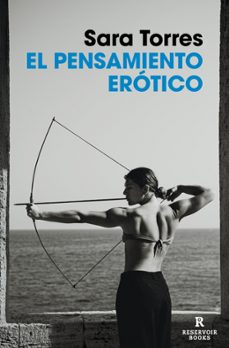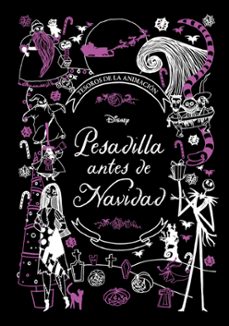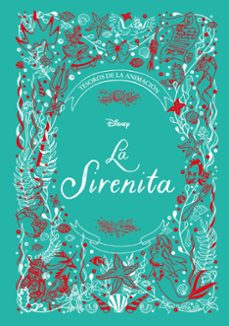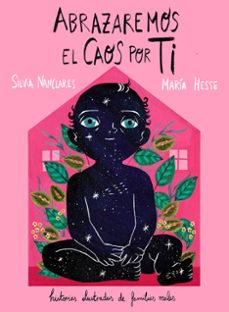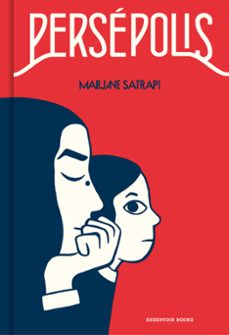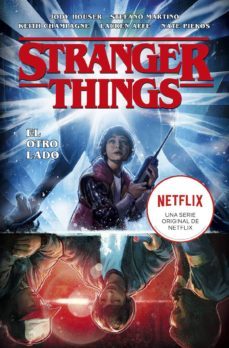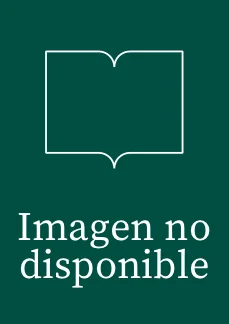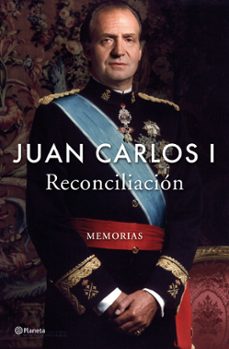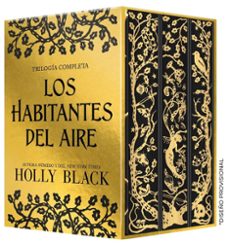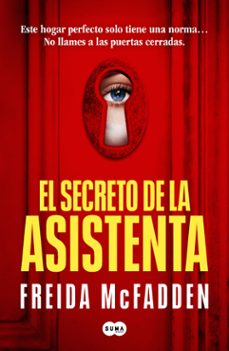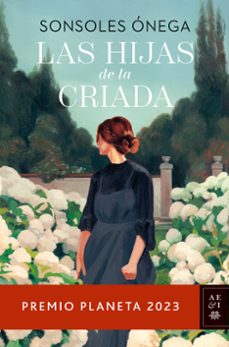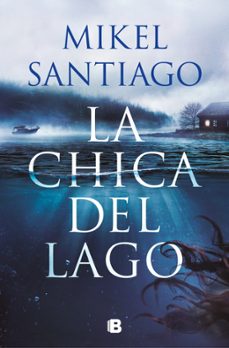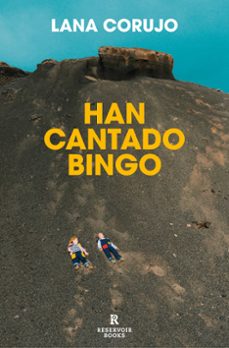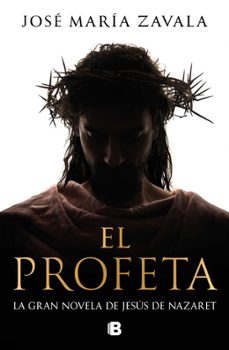📗 Libro en inglés THE ELECTRIC MICHELANGELO
FABER AND FABER- 9780571219308
Sinopsis de THE ELECTRIC MICHELANGELO
Opening on the windswept front of Morecambe Bay, on the remote north-west coast of England, The Electric Michelangelo is a novel of love, loss and the art of tattooing. Hugely atmospheric, exotic and familiar, it is an exquisitely rendered portrait of seaside resorts on opposite sides of the Atlantic by one of the most uniquely talented novelists of her generation. Hall''s mellifluous coming-of-age story about an apprentice tattoo artist from the north coast of England who reinvents himself in Coney Island, N.Y., is picaresque in its sweep and lovely in its lush description. This 2004 Booker Prize finalist, Hall''s second novel (after Haweswater) but first U.S. release, follows Cyril Parks from his youth in the 1910s, as he grows up the only son of the widowed proprietor of the Bayview Hotel in Morecambe, through his hard-won apprenticeship to the seedy rogue Eliot Riley, under whose exacting tutelage he becomes a skilled tattoo artist. From his benevolent mother, Reeda Parks, who puts up consumptives at her hotel, he learns not to be disgusted by the spectacle of human misery. (Reeda also performs secret abortions and campaigns for women''s suffrage.) Upon Reeda and Riley''s deaths, Cy takes off for America and plies his trade among the vibrant array of freak shows at Coney Island. By 1940, he meets a local Russian chess champion, Grace, and during the course of their love affair he inscribes 109 eye tattoos all over her body. Hall''s writing is pure joy, especially when describing the childhood seaside shenanigans of Cy and his boy pals.
Ficha técnica
Editorial: Faber And Faber
ISBN: 9780571219308
Idioma: Inglés
Número de páginas: 288
Tiempo de lectura:
5h 55m
Encuadernación: Tapa blanda
Fecha de lanzamiento: 11/02/2005
Año de edición: 2005
Plaza de edición: London
Especificaciones del producto
Escrito por Sarah Hall
Reino Unido, 1974 De origen británico, vive en Estados Unidos desde 1999. Es licenciada en Inglés e Historia del Arte por la Aberystwyth University. Con su primera novela, Haweswater, publicada en 2002, ganó el Commonwealth Writer’s Prize a la mejor primera novela, el Betty Trask Award y fue finalista del Lakelands Book of the Year Award.
Descubre más sobre Sarah Hall Recibe novedades de Sarah Hall directamente en tu email
Opiniones sobre THE ELECTRIC MICHELANGELO
¡Sólo por opinar entras en el sorteo mensual de tres tarjetas regalo valoradas en 20€*!




